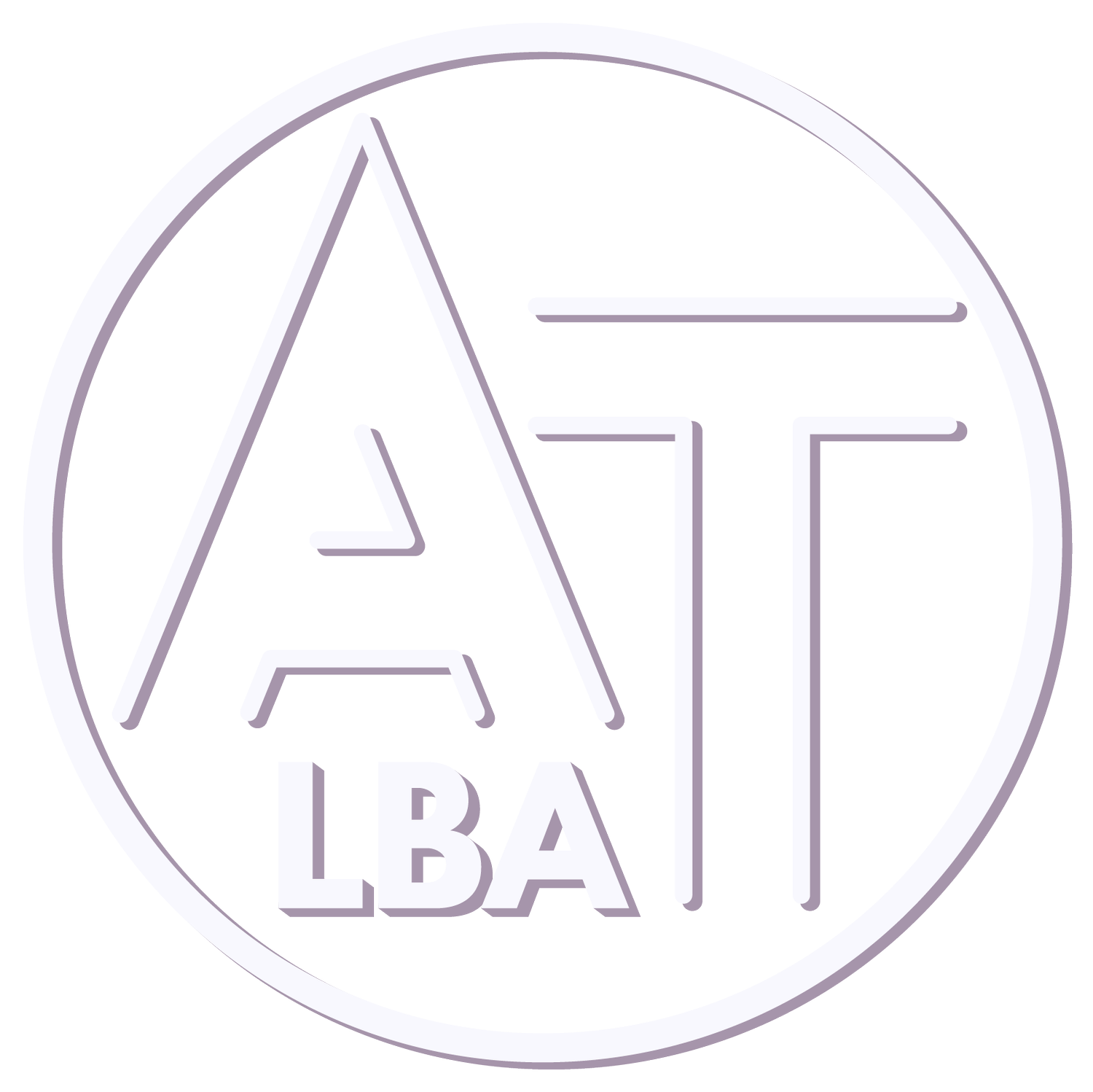Amplifying Children’s Voices: Towards a Better Understanding of Assent
With Guest Speaker, Shannon N. Ward. Ph.D., BCBA-D
Wednesday, March 27th, 2024. 11:30 am -1:00 pm via ZOOM.
1.5 BACB ethics CEUs available for attendees.
Title: Amplifying Children’s Voices: Towards a Better Understanding of Assent
Assent, typically understood as a proxy to consent, empowers individuals who cannot legally consent (due to their age or being under the care of a legal guardian) the opportunity to decide whether or not to participate in research activities. There is agreement on the importance of assent when working with children (see Conroy & Harcourt, 2009; Docket et al., 2013; Mayne et al., 2016). Further, assent is mandated by the Ethics Code for Behavior Analysts (Behavior Analyst Certification Board, 2020) and rooted in research ethics and law (e.g., The Belmont Report; 45 CFR Part 46). Despite its importance, practical applications of assent remains largely ambiguous for practitioners and researchers. This presentation will begin by explaining fundamental aspects of assent—addressing questions like 'What is assent?' and exploring key aspects of who seeks it and how it is obtained. The presentation will end with a review and comparison of assent methodologies reported in behavior analytic and early childhood (EC) research. Recently, Morris et al. (2021) reviewed behavior analytic research to determine the extent to which assent practices are reported and described in published research. We replicated and expanded upon their findings by reviewing EC research over the last forty years. Similar to Morris et al., a limited number of articles detail assent methodology. The potential implications of these findings will be outlined, including a discussion on future research, policy development, and design of ethical practices.
Objectives:
1. Attendees will be able to describe what assent is and who obtains it.
2. Attendees will be able to provide two reasons why assent is important and/or the benefits of seeking assent when conducting research with vulnerable populations.
3. Attendees will be able to provide at least two ways assent can be collected from children or individuals from vulnerable populations.
Presented by: Shannon N. Ward, Ph.D., BCBA-D, Clinical Director at the Mohamed bin Rashid Center for Special Education Operated by The New England Center for Children
Dr. Shannon Ward has been applying the principles of learning to improve socially important behaviors of children and adolescents with and without disabilities for 20 years. Dr. Ward started working in the field as a therapist in the home setting, worked as a special education teacher after receiving her bachelor’s degree in Early Childhood Education and Early Childhood Special Education from Saint Louis University, and supported individuals with severe challenging behavior living in a residential setting while working at The New England Center for Children. Dr. Ward worked as a Lead Consultant at FTF Behavioral Consulting Services supporting professionals attempting to create meaningful outcomes from behavior-analytic assessment and treatment processes, and she currently serves as the Clinical Director at the Mohammed bin Rashid Center for Special Education operated by The New England Center for Children. Shannon received her master’s degree in applied behavior analysis, and she received her doctorate degree in behavior analysis from Western New England University under the supervision of Dr. Greg Hanley.
Dr. Ward has conducted research in the areas of assessment and treatment of problem behavior, functional communication training, extension of successful skill-based treatment to caregivers, staff training, and on the social validity of assessment and treatment services. Her current research interests are on the topic of assent practices in early childhood. Her dissertation research was conducted on the development of specific mands following acquisition of an omnibus mand. She served as a sub-review committee member for the Journal of Applied Behavior Analysis and serves as a guest reviewer for Behavioral Interventions.
References
Behavior Analyst Certification Board. (2020). Ethics code for behavior analysts. https://bacb.com/wp-content/ethics-code-for-behavior-analysts/
Breaux, C. A., & Smith, K. (2023). Assent in applied behaviour analysis and positive behaviour support: Ethical considerations and practical recommendations. International Journal of Developmental Disabilities, 69(1), 111-121. https://doi.org/10.1080/20473869.2022.2144969
Conroy, H., & Harcourt, D. (2009). Informed agreement to participate: Beginning the partnership with children in research. Early Child Development and Care, 179(2), 157–165. https://doi.org/10.1080/03004430802666973
Dockett, S., Perry, B., & Kearney, E. (2013). Promoting children’s informed assent in research participation. International Journal of Qualitative Studies in Education, 26(7), 802–828. https://doi.org/10.1080/09518398.2012.666289
Mayne, F., Howitt, C., & Rennie, L. (2016). Meaningful informed consent with young children: Looking forward through an interactive narrative approach. Early Child Development and Care, 186(5), 673–687. https://doi.org/10.1080/03004430.2015.1051975
Mead Jasperse, S. C., & Kelly, M. P. (2023). Contextualizing contemporary research ethics policies and practices in significant historical events. Behavior Analysis in Practice. Advance online publication. https://doi.org/10.1007/s40617-023-00865-2
Morris, C., Detrick, J. J., & Peterson, S. M. (2021). Participant assent in behavior analytic research: Considerations for participants with autism and developmental disabilities. Journal of Applied Behavior Analysis, jaba.859. https://doi.org/10.1002/jaba.859
National Commission for the Protection of Human Subjects in Biomedical & Behavioral Research. (1979). The Belmont report: Ethical principles and guidelines for the protection of human subjects of research. U.S. Department of Health and Human Services. https://www.hhs.gov/ohrp/regulations-and-policy/belmont-report/read-the-belmont-report/index.html
Protection of Human Subjects (1991), 45 C.F.R. Part 46. https://www.ecfr.gov/on/2018-07-19/title-45/subtitle-A/subchapter-A/part-46

